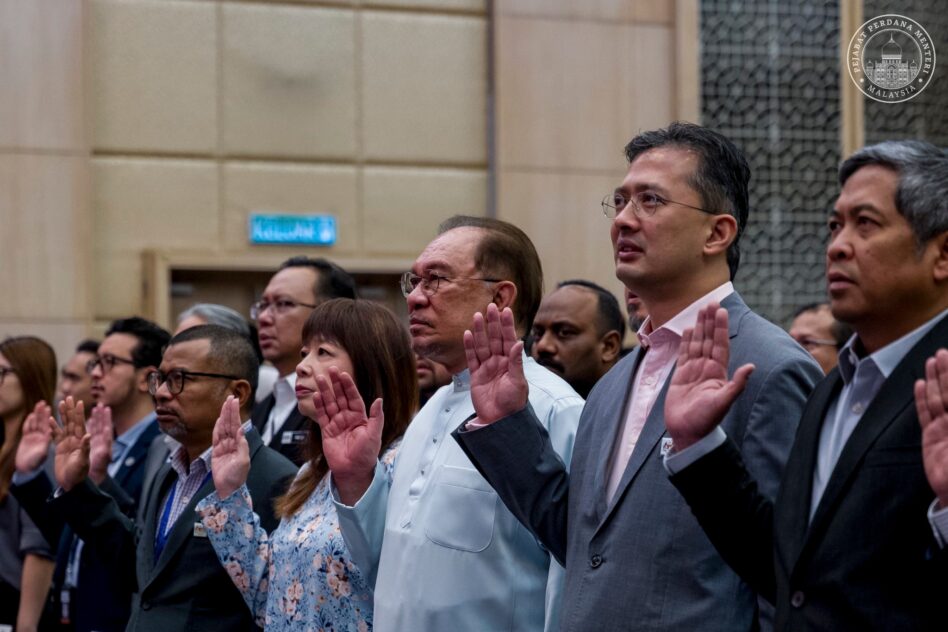IT is difficult to slice off political influence from the proposed imposition of Cukai Makmur a.k.a prosperity tax although it is still not too late for the tax authorities to re-evaluate the adverse effect of turning to the stock market to plug the country’s revenue gaps or narrow its fiscal deficit.
Whether the whole idea of the one-off prosperity tax is politically-motivated or otherwise can be traced to Sept 22 when Deputy Finance Minister II Yamani Hafez Musa said Putrajaya is studying the implementation of a capital gains tax proposed by several Members of Parliament (MPs) during the latest parliamentary sitting to replenish government funds spent on combating the COVID-19 pandemic.
In its post-Budget 2022 note featuring a dialogue with Finance Minister Tengku Datuk Seri Zafrul Abdul Aziz, Maybank IB Research pointed out:
“It was intimated that windfall tax and capital gains tax were proposed by politicians for Budget 2022.
“The ‘concession’ on windfall tax was the proposed 33% Cukai Makmur on taxable corporate income above RM100 mil (after the standard corporate income tax rate 24% on the first RM100 mil) which only affects 234 companies (out of the total 1.4 million).”
While reiterating that Cukai Makmur is one-off, the finance minister stated that the increase in the contract notes’ stamp duty rate to 0.15% from 0.10% (as well as the abolition of RM200 limit on the contract notes’ stamp duty) is the “substitute” to capital gains tax (CGT).
“Meanwhile, the residents’ foreign-sourced income will be subjected to the same tax rates as the corporate and individual income taxes; the definition of foreign-sourced incomes include dividends; and tax credit mechanism will be applied to avoid double taxation,” he added.
In all fairness, it is not wrong to tax the perceived ‘profiteering businesses’ a combo of windfall tax and capital gains tax except that the timing is a bit off the mark. It will not only be sending a wrong signal to the 234 targetted companies (or the entire 1.4 million business establishments nationwide) but worst still, the global investment community.
In an interview with Free Malaysia Today, Malaysia University of Science and Technology economist Professor Geoffrey Williams argued that investors and companies will be concerned about these issues because the business and investment environment is currently “very fragile” due to the COVID-19 pandemic.
“Tax reform, whether capital gains tax or GST, should be put off until the economy has recovered. There is no argument for new taxes now,” he noted.
“The (windfall) tax yield would be of no material use in terms of increasing revenue. It is also one-off and far too small to make a difference. It’s more of an envy-tax than anything else.”
Calling the windfall tax a “delusion”, Williams said that apart from glove makers and companies that benefit from COVID-19-related activities, there are not many other targets for excess profit.
He further noted the very fact that Malaysia does not have capital gains tax is one of the few advantages it has over regional competitors – and that changing such policy will not help investor sentiment. – Nov 2, 2021









